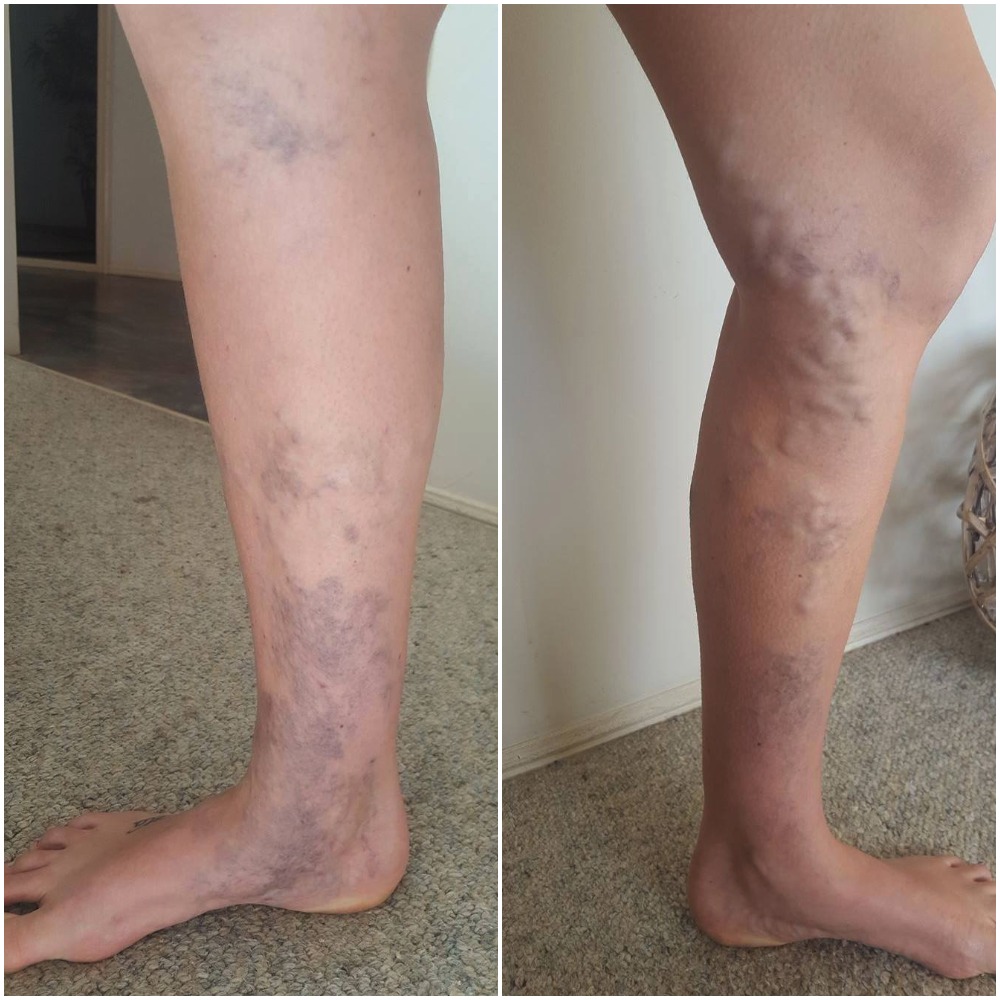Varicose veins are enlarged, twisted veins that often appear as blue or purple bulges beneath the skin. They can be unsightly, painful, and can significantly impact a person’s quality of life. Discover the latest advancements in varicose veins treatment in Riyadh, offering effective solutions for lasting relief and improved circulation. If you are considering varicose veins treatment in Riyadh, it’s essential to be well-informed about the available options, the potential risks and benefits, and what to expect from the treatment process.
Understanding Varicose Veins
Varicose veins occur when the valves inside the veins become weakened or damaged, preventing blood from flowing smoothly back to the heart. This can cause blood to pool in the veins, leading to swelling and visible bulges. Several factors can contribute to the development of varicose veins, including genetics, age, hormonal changes, obesity, prolonged standing or sitting, and lifestyle factors.
Treatment Options in Riyadh

Riyadh offers a variety of treatment options for varicose veins, ranging from minimally invasive procedures to surgical interventions. The most appropriate treatment will depend on the severity of the condition and the individual patient’s preferences.
- Minimally Invasive Treatments:
- Endovenous Laser Ablation (EVLA)
- Radiofrequency Ablation (RFA)
- Sclerotherapy
- Foam Sclerotherapy
- Ambulatory Phlebectomy
- Surgical Treatments:
- Vein Stripping
- Ligation and Stripping
Factors to Consider Before Treatment
- Severity of Varicose Veins: The severity of your varicose veins will determine the most suitable treatment option.
- Medical History: Inform your doctor about any underlying medical conditions or medications you are taking.
- Treatment Goals: Determine what you hope to achieve from the treatment, such as reducing pain, improving appearance, or preventing complications.
- Insurance Coverage: Check with your insurance provider to understand your coverage for varicose vein treatments.
- Cost: Be aware of the potential costs associated with the treatment, including any out-of-pocket expenses.
What to Expect During Treatment
The specific details of the treatment process will vary depending on the chosen method. However, you can generally expect the following:
- Consultation: A thorough evaluation will be conducted to assess the severity of your varicose veins and recommend the most appropriate treatment.
- Preparation: You may be asked to avoid certain medications or foods before the procedure.
- Procedure: The treatment will be performed in a medical setting, either in a doctor’s office or a hospital.
- Recovery: The recovery time will depend on the type of treatment. Minimally invasive procedures typically have shorter recovery periods, while surgical procedures may require more time.
Potential Risks and Complications
While varicose vein treatments are generally safe, there are potential risks and complications associated with any medical procedure. These may include:
- Pain or discomfort at the treatment site
- Bruising or swelling
- Infection
- Blood clots
- Nerve damage
Choosing the Right Specialist
When selecting a varicose veins specialist in Riyadh, consider the following factors:
- Board Certification: Look for a specialist who is board-certified in vascular surgery.
- Experience: Choose a specialist with extensive experience in treating varicose veins.
- Treatment Options: Ensure the specialist offers a variety of treatment options to suit your needs.
- Clinic or Hospital Affiliation: A specialist affiliated with a reputable clinic or hospital often has access to state-of-the-art facilities and equipment.
- Patient Reviews: Read reviews and testimonials from previous patients to get an idea of the specialist’s expertise and patient satisfaction.
By understanding varicose veins, considering the available treatment options, and choosing a qualified specialist, you can make informed decisions about your care and improve your quality of life.